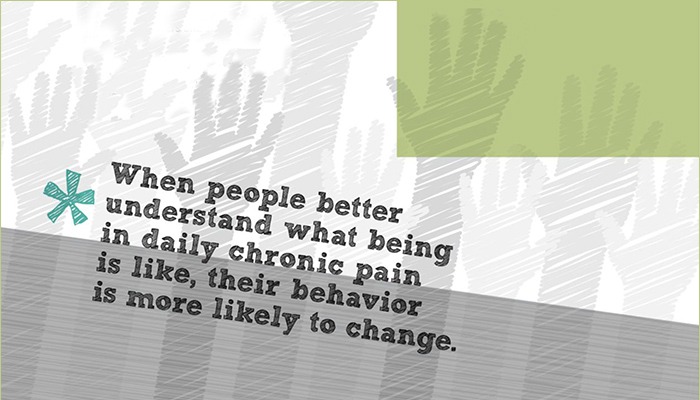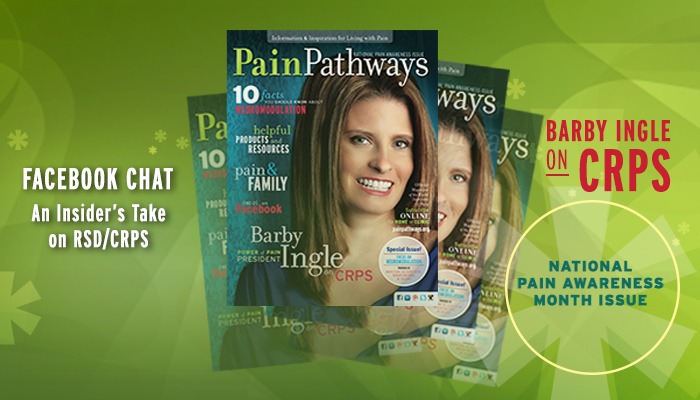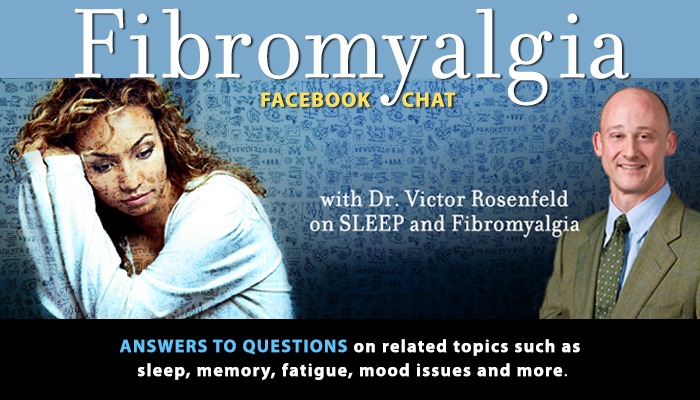Play An Active Role in Your Healthcare Through Clinical Trials

Never thought about participating in clinical trials? This might change your perspective. Those afflicted with pain or an illness often have a feeling of helplessness – especially if treatments for their condition are not working. While they may not be able to impact their suffering, there is something they can do to feel like they are contributing to a solution: participate in clinical trials.
What clinical trials accomplish
Clinical trials involve research using human volunteers intended to add to medical knowledge. Participants receive specific interventions that may be medical products, such as drugs or devices; procedures; or changes to participants’ behavior, such as, diet. Clinical trials are at the heart of all medical advances because their purpose is to look at new ways to prevent, detect, or treat disease. In a trial, researchers strive to determine if a new treatment works and is safe. Trials are designed to accomplish many objectives, including:
– Evaluation of interventions for treating a disease, syndrome or condition
– Discovery of preventions for diseases or conditions
– Help in diagnosing a particular disease or condition
– Identification of risk factors for a disease or condition
– Exploration of ways to improve the quality of life of those with a chronic condition
Getting into a trial
Potential participants for clinical trials are first screened – usually through some kind of medical exam and possibly blood work. Then, they complete a survey, and if they qualify, become a part of the study. Participation may involve taking medication(s), keeping a journal during the trial and coming for medical treatment or testing.
Reasons to participate
People participate in trials for a variety of reasons, including receiving:
– Treatment for their condition
– Free or more accessible medical care
– Compensation to participate
However, the most likely reason for participation is that it makes pain sufferers/those with an illness feel like they are doing something. Being able to advocate for others who suffer from the same condition provides a feeling of hope and reduces that helplessness we mentioned earlier.
What many don’t know is that clinical trials also need healthy participants! So trials are also a way for caregivers or friends to feel like they are contributing to moving science forward and helping their friend or loved one
Finding clinical trials
So why aren’t more people participating in clinical trials? A recent study of cancer patients found that 65 percent would have been open to participation…if only they had known about trials at the time of diagnosis. Knowing that this may be an option is the first step to generating greater participation.
Plus, locating clinical trials has never been easier. There are many websites that provide lists of upcoming and ongoing trials. Some of these sites will even email potential participants when a trial comes up that may be a good fit for them.
Here are some links to get you started:
All conditions/illnesses
- Clinicaltrials.gov (includes a list of the studies currently under way and study objectives
- Centerwatch.com (has a searchable database and will provide email notifications about new trials)
Cancer-specific
We asked our Facebook fans if they’d participated in clinical trials – and got a great response. If you’ve been a part of any clinical trials, let us know about your experience!
PainPathways Magazine
PainPathways is the first, only and ultimate pain magazine. First published in spring 2008, PainPathways is the culmination of the vision of Richard L. Rauck, MD, to provide a shared resource for people living with and caring for others in pain. This quarterly resource not only provides in-depth information on current treatments, therapies and research studies but also connects people who live with pain, both personally and professionally.
View All By PainPathways






